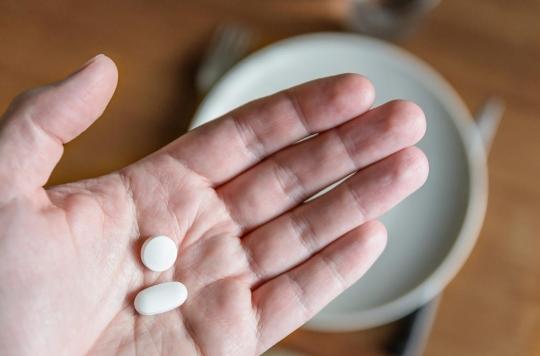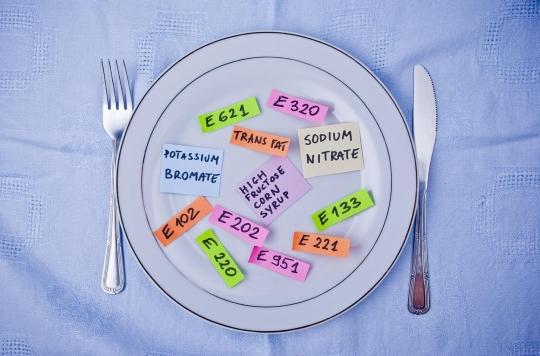The most dangerous plants to absorb are obviously not authorized for sale as they are (for examplearnica, colchicum, digitalis). Likewise, drinking an infusion for better digestion or a peaceful night’s sleep is a priori without risk. However, regular use of plants is not without its pitfalls.
The same effects
Each plant is a real reservoir of molecules. They owe their action to them, but also obviously possible undesirable effects. For example, if you are allergic toaspirin, the white willow tree is likely to trigger the same reaction, potentially serious! In case of hypertension, beware of licorice (no more than eight days in a row). Patients with an active autoimmune disease should avoid plants that boost immunity, such as echinacea. Conversely, if we consume this nonstop remedy for a year or two, it may, in the long run, weaken our immune defenses. People on treatment for a chronic disease should also consider possible interactions, especially with anticoagulant and immunosuppressive drugs. Similarly, it is advisable to stop the use of plants that thin the blood (turmeric, ginkgo biloba, sweet clover) at least three days before surgery.
The same requirements
In fact, the use of medicinal plants must meet the same safety requirements as any self-medication. The first is to systematically inform your doctor that you are taking herbal products. The latter will thus be able to ensure the absence of contraindications or potentially serious drug interactions. Another rule: a patient under treatment for a chronic disease should never stop his medications on his own to replace them with herbal medicine. Moreover, as with all other therapies, the safety of self-medication relies on a good diagnostic evaluation. You have to know how to identify if a cough is oily (Scots pine to thin and disinfect) or dry (plantain + licorice to calm inflammation and repair the mucous membranes) … and consult if it does not pass.


















